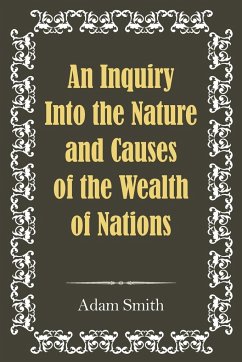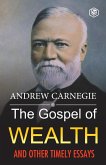Produktdetails
- Verlag: Simon & Brown
- Seitenzahl: 588
- Erscheinungstermin: 4. November 2011
- Englisch
- Abmessung: 229mm x 152mm x 34mm
- Gewicht: 942g
- ISBN-13: 9781613821626
- ISBN-10: 161382162X
- Artikelnr.: 34473549
Hinweis: Dieser Artikel kann nur an eine deutsche Lieferadresse ausgeliefert werden.
- Herstellerkennzeichnung
- Libri GmbH
- Europaallee 1
- 36244 Bad Hersfeld
- gpsr@libri.de








